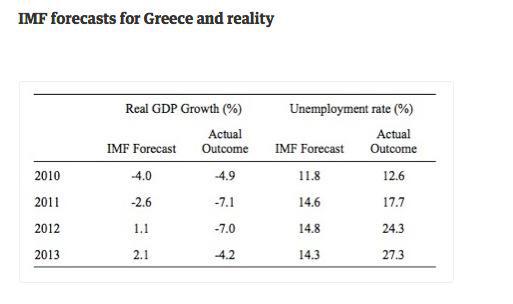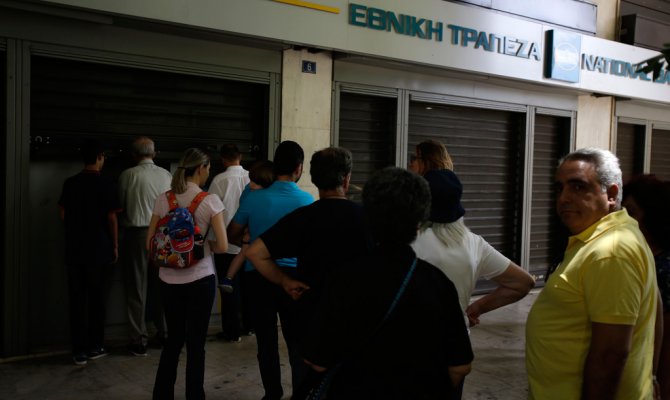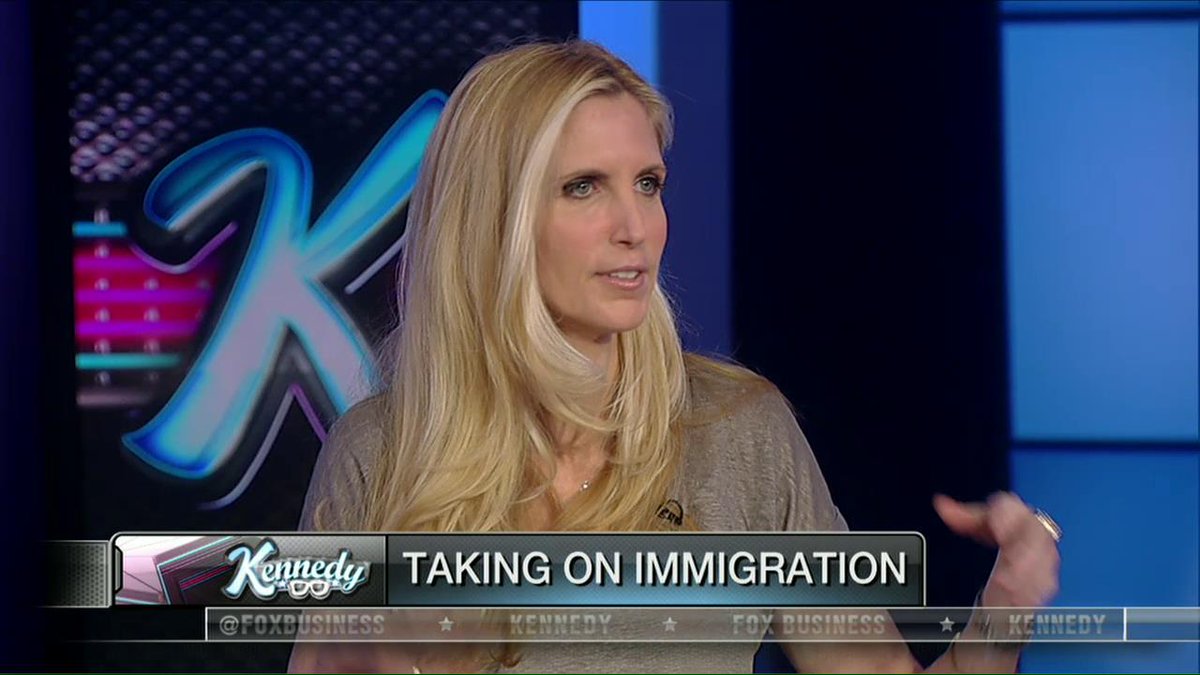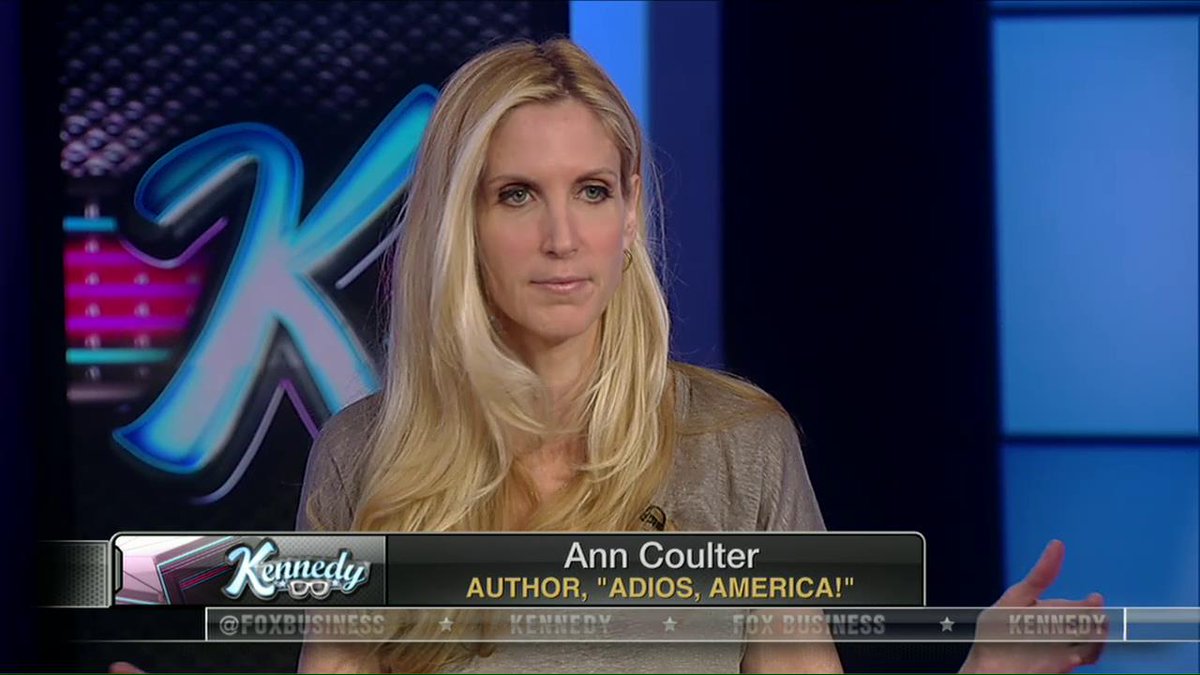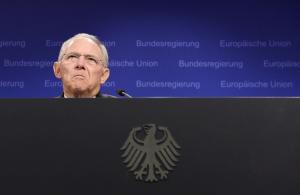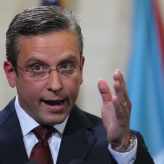“The
Money Myth Exploded” was one of the first articles of Louis Even, and
remains one of the most popular to explain how money is created as a
debt by private banks. It is available in the form of an 8-page leaflet
(tabloid format) that you can order from the “Michael” office, in
several languages: English, French, Spanish, Italian, German, Polish,
Portuguese.
1.
Shipwreck survivors
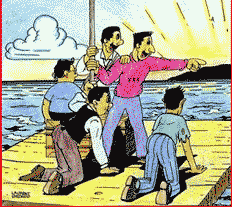 An
explosion had blown their ship apart. Each one grasped the first bit of
wreckage that came to hand. And when it was over, there were five left,
five huddled on a raft which the waves carried along at their will. As
for the other victims of the disaster, there was no sign of them.
An
explosion had blown their ship apart. Each one grasped the first bit of
wreckage that came to hand. And when it was over, there were five left,
five huddled on a raft which the waves carried along at their will. As
for the other victims of the disaster, there was no sign of them.
Hour
after long hour their eyes searched the horizon. Would some passing ship
sight them? Would their make-shift raft finds its way to some friendly
shore?
Suddenly
a cry rang out: “Land! Look! Over there, in the direction the
waves are carrying us!”
And
as the vague silhouette proved itself to be, in fact, the outline of a
shore, the figures on the raft danced with joy.
They
were five. There was Frank, the carpenter, big and energetic. It was he
who had first cried, “Land!”.
Then
Paul, a farmer. You can see him, front and left in the picture, on his
knees, one hand against the floor, the other gripping the mast of the
raft.
Next
is Jim, an animal breeder; he's the one in the striped pants, kneeling
and gazing in the direction of land.
Then
there is Harry, an agriculturist, a little on the stout side, seated on
a trunk salvaged from the wreck.
And
finally Tom, a prospector and a mineralogist; he is the merry fellow
standing in the rear of the picture with his hand on the carpenter's
shoulder.
2.
A providential island
 To
our
five men, setting foot on land was like returning to life from the
grave.
To
our
five men, setting foot on land was like returning to life from the
grave.
When
they had dried and warmed themselves their first impulse was to explore
this little island on to which they had been cast, far from civilization.
A
quick survey was sufficient to raise their spirit. The island was not a
barren rock. True enough, they were the only men on it at the moment.
But judging from the herds of semi-domesticated animals they encountered,
there must have been men here at some time before them. Jim, the animal
breeder, was sure he could completely domesticate them and put them to
good service.
 Paul
found the island's soil, for the most part, to be quite suitable for
cultivation.
Paul
found the island's soil, for the most part, to be quite suitable for
cultivation.
Harry
discovered some fruit trees which, if properly tended, would give good
harvests.
Most
important were the large stands of timber embracing many types of wood.
Frank, without too much difficulty, would be able to build houses for
the little community.
As
for Tom, the prospector, well, the rock formations of the island showed
signs of rich mineral deposits. Lacking the tools, Tom still felt his
ingenuity and initiative could produce metals from the ores.
So
each could serve the common good with his special talent. All agreed to
call the place Salvation Island. All gave thanks to Providence for the
reasonably happy ending to what could have been stark tragedy.
3.
True wealth
 Here
are the men at work.
Here
are the men at work.
The
carpenter builds houses and makes furniture. At first they find their
food where they can. But soon the fields are tilled and seeded, and the
farmer has his crops.
As
season followed season this island, this heritage of the five men,
Salvation Island, became richer and richer.
Its
wealth was not that of gold or of paper bank notes, but one of true
value; a wealth of food and clothing and shelter, of all the things to
meet human needs.
Each
man worked at his own trade. Whatever surpluses he might have of his own
produce, he exchanged for the surplus products of the others.
Life
wasn't always as smooth and complete as they could have wished it to be.
They lacked many of the things to which they had been accustomed in
civilization. But their lot could have been a great deal worse.
Besides,
all had experienced the depression in Canada. They still remembered the
empty bellies side by side with stores crammed with food.
At
least, on Salvation Island, they weren't forced to see the things they
needed rot before their eyes. Taxes were unknown here. Nor did they go
in constant fear of seizure by the bailiff. They worked hard but at
least they could enjoy the fruits of their toil.
So
they developed the island, thanking God and hoping for the day of
reunion with their families, still in possession of life and health,
those two greatest of blessings.
4.
A serious inconvenience
 Our
men often got together to talk over their affairs.
Our
men often got together to talk over their affairs.
Under
the simple economic system which had developed, one thing was beginning
to bother then more and more; they had no form of money. Barter, the
direct exchange of goods for goods, had its drawbacks. The products to
be exchanged were not always at hand when a trade was discussed. For
example, wood delivered to the farmer in winter could not be paid for in
potatoes until six months later.
Sometimes
one man might have an article of considerable size which he wished to
exchange for a number of smaller articles produced by different men at
different times.
All
this complicated business and laid a heavy burden on the memory. With a
monetary system, however, each one could sell his products to the others
for money. With this money he could buy from the others the things he
wanted, when he wished and when they were available.
It
was agreed that a system of money would indeed be very convenient. But
none of them knew how to set up such a system. They knew how to produce
true wealth - goods. But how to produce money, the symbol of this wealth,
was something quite beyond them. They were ignorant of the origin of
money, and needing it they didn't know how to produce it. Certainly,
many men of education would have been in the same boat; all our
governments were in that predicament during the ten years prior to the
war. The only thing the country lacked at that time was money, and the
governments apparently didn't know what to do to get it.
5.
Arrival of a refugee
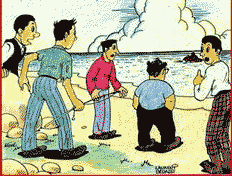 One
evening, when our boys were sitting on the beach going over their
problem for the hundredth time, they suddenly saw approaching a small
boat with a solitary man at the oars.
One
evening, when our boys were sitting on the beach going over their
problem for the hundredth time, they suddenly saw approaching a small
boat with a solitary man at the oars.
They
learned that he was the only survivor of a wreck. His name: Oliver.
Delighted
to have a new companion, they provided him with the best that they had,
and they took him on an inspection tour of the colony.
“Even
though we're lost and cut off from the rest of the world,” they told
him, “we haven't too much to complain about. The earth and the forest
are good to us. We lack only one thing — money. That would make it
easier for us to exchange our products.”
“Well,
you can thank Providence,” replied Oliver, “because I am a banker,
and in no time at all, I'll set up a system of money guaranteed to
satisfy you. Then you'll have everything that people in civilization
have.”
A
banker!... A BANKER!... An angel coming down out of the clouds couldn't
have inspired more reverence and respect in our men. For, after all, are
we not accustomed, we people in civilization, to genuflect before
bankers, those men who control the lifeblood of finance?
6.
Civilization's god
 “Mr.
Oliver, as our banker, your only occupation on this island will be to
look after our money; no manual labour.”
“Mr.
Oliver, as our banker, your only occupation on this island will be to
look after our money; no manual labour.”
“I
shall, like every other banker, carry out to complete satisfaction my
task of forging the community's prosperity.”
“Mr.
Oliver, we're going to build you a house that will be in keeping with
your dignity as a banker. But in the meantime, do you mind if we lodge
you in the building that we use for our get-togethers?”
“That
will suit me, my friends. But first of all, unload the boat. There's
paper and a printing press, complete with ink and type, and there's a
little barrel which I exhort you to treat with the greatest care.”
They
unloaded everything. The small barrel aroused intense curiosity in our
good fellows.
“This
barrel,” Oliver announced, “contains a treasure beyond dreams. It is
full of... gold!”
Full
of gold! The five all but swooned. The god of civilization here on
Salvation Island! The yellow god, always hidden, yet terrible in its
power, whose presence or absence or slightest caprice could decide the
very fate of all the civilized nations!
“Gold!
Mr. Oliver, you are indeed a great banker!”
“Oh
august majesty! Oh honorable Oliver! Great high priest of the god, gold!
Accept our humble homage, and receive our oaths of fidelity!”
“Yes,
my friends, gold enough for a continent. But gold is not for
circulation. Gold must be hidden. Gold is the soul of healthy money, and
the soul is always invisible. But I'll explain all that when you receive
your first supply of money.”
7.
The secret burial
 Before
they went their separate ways for the night, Oliver asked them one last
question.
Before
they went their separate ways for the night, Oliver asked them one last
question.
“How
much money will you need to begin with in order to facilitate trading?”
They
looked at one another, then deferentially towards the banker. After a
bit of calculation, and with the advice of the kindly financier, they
decided that $200 each would do.
The
men parted, exchanging enthusiastic comments. And in spite of the late
hour, they spent most of the night lying awake, their imaginations
excited by the picture of gold. It was morning before they slept.
 As
for Oliver, he wasted not a moment. Fatigue was forgotten in the
interests of his future as a banker. By dawn's first light, he dug a pit
into which he rolled the barrel. He then filled it in, transplanting a
small shrub to the spot about which he carefully arranged sod. It was
well hidden.
As
for Oliver, he wasted not a moment. Fatigue was forgotten in the
interests of his future as a banker. By dawn's first light, he dug a pit
into which he rolled the barrel. He then filled it in, transplanting a
small shrub to the spot about which he carefully arranged sod. It was
well hidden.
Then
he went to work with his little press to turn out a thousand $1 bills.
Watching the clean new banknotes come from his press, the refugee turned
banker thought to himself:
“My!
How simple it is to make money. All its value comes from the products it
will buy. Without produce, these bills are worthless. My five naive
customers don't realize that. They actually think that this new money
derives its value from gold! Their very ignorance makes me their master.”
And
as evening drew on, the five came to Oliver — on the run.
8.
Who owns the new money?
 Five
bundles of new banknotes were sitting on the table.
Five
bundles of new banknotes were sitting on the table.
“Before
distributing the money,” said the banker, “I would like your
attention.
“Now,
the basis of all money is gold. And the gold stored away in the vault of
my bank is my gold. Consequently, the money is my money. Oh! Don't look
so discouraged. I'm going to lend you this money, and you're going to
use it as you see fit. However, you'll have to pay interest. Considering
that money is scarce here, I don't think 8% is unreasonable.”
“Oh,
that's quite reasonable, Mr. Oliver.”
“One
last point, my friends. Business is business, even between pals. Before
you get the money, each of you is going to sign a paper. By it you will
bind yourselves to pay both interest and capital under penalty of
confiscation of property by me. Oh! This is a mere formality. Your
property is of no interest to me. I'm satisfied with money. And I feel
sure that I'll get my money, and that you'll keep your property.”
“That
makes sense, Mr. Oliver. We're going to work harder than ever in order
to pay you back.”
“That's
the spirit. And any time you have a problem, you come and see me. Your
banker is your best friend. Now here's two hundred dollars for each one
of you.”
And
our five brave fellows went away, their hands full of dollar bills,
their heads swimming with the ecstasy of having money.
9.
A problem in arithmetic
 And
so Oliver's money went into circulation on the island. Trade, simplified
by money, doubled. Everybody was happy.
And
so Oliver's money went into circulation on the island. Trade, simplified
by money, doubled. Everybody was happy.
And
the banker was always greeted with unfailing respect and gratitude.
But
now, let's see... Why does Tom, the prospector, look so grave as he sits
busily figuring with a pencil and paper? It is because Tom, like the
others, has signed an agreement to repay Oliver, in one year's time, the
$200 plus $16 interest. But Tom has only a few dollars in his pocket,
and the date of payment is near.
For
a long time he had wrestled with this problem from his own personal
point of view, without success. Finally, he looked at it from the angle
of the little community as a whole.
“Taking
into consideration everyone on the island as a whole,” he mused,
“are we capable of meeting our obligations? Oliver turned out a total
of $1000. He's asking in return $1080. But even if we bring him every
dollar bill on the island, we'll still be $80 short. Nobody made the
extra $80. We turn out produce, not dollar bills. So Oliver can take
over the entire island, since all the inhabitants together can't pay him
back the total amount of the capital and the interest.
“Even
if a few, without any thought for the others, were able to do so, those
others would fall. And the turn of the first spared would come
eventually. The banker will have everything. We'd better hold a meeting
right away and decide what to do about it.”
Tom,
with his figures in his hand, had no difficulty in proving the
situation. All agreed that they had been duped by the kindly banker.
They decided upon a meeting at Oliver's.
